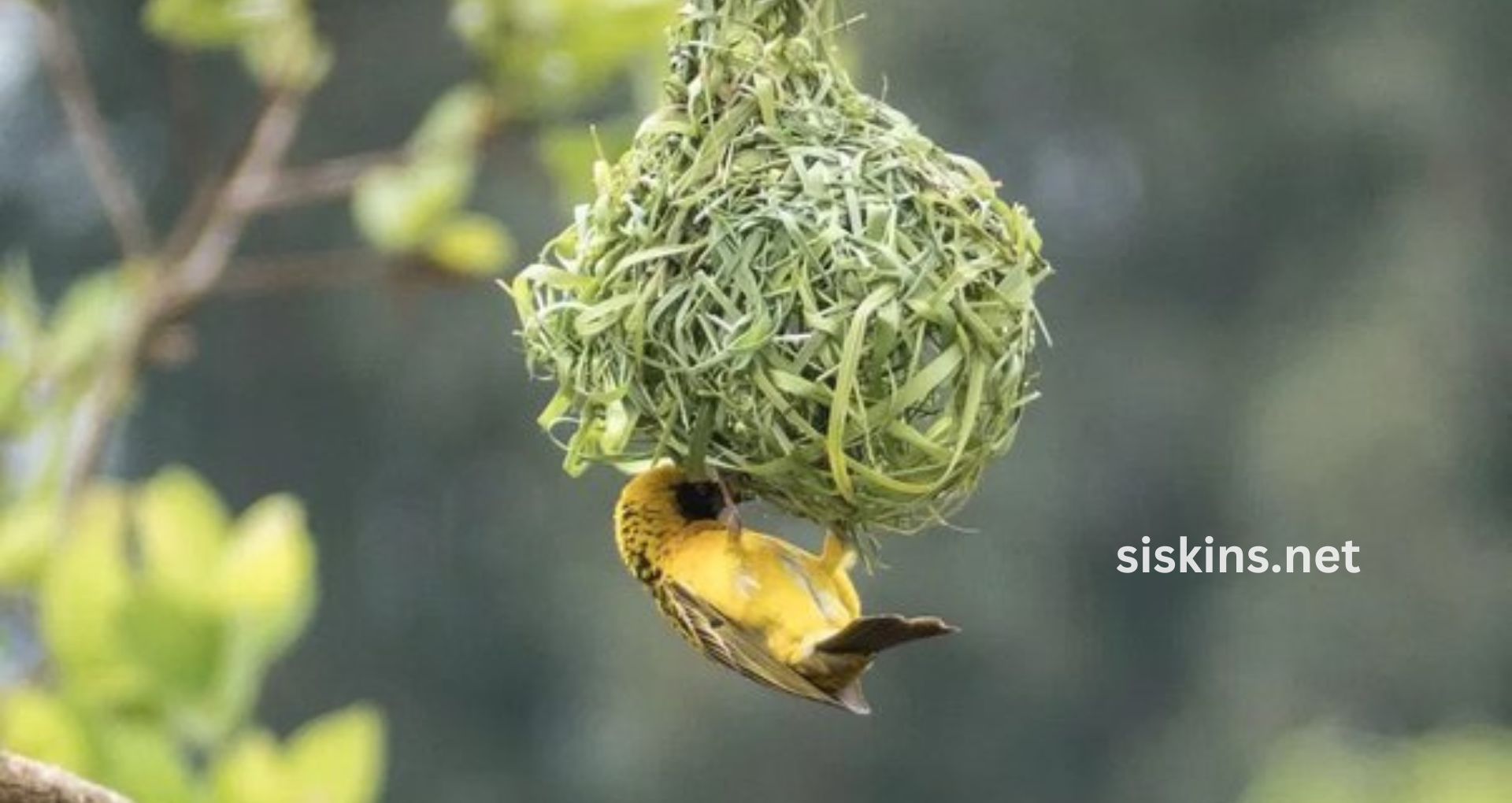Protect birds from Predators in my yard can feel challenging. Still, it’s a rewarding way to enjoy nature right outside your door. Birds bring color and life to our outdoor spaces. Yet, they often face dangers from predators like cats, raccoons, snakes, and hawks. By using a few simple tips, you can make your yard a safe haven where birds can feel protected.
By implementing certain strategies, you certainly create a sanctuary for your birds and allow them to evolve in peace.
Here are some of them:
- Secure feeders: raise the feeders and use ramparts to prevent certain predators from accessing them.
- Offer clean and secure nesting sites: create nesting houses with small entrance doors to prevent predators from accessing them.
- Use deterrents: several deterrents can be used to discourage predators like lights and sprinklers with motion detection.
- Supervise pets: especially cats who are fond of birds.
Source: Protect Birds in Your Yard
Understanding Bird Predators
Birds face various threats from both natural and introduced predators. Recognizing these threats helps you take steps to keep birds safe and encourage them to visit your yard.

Common Predators
- Domestic Cats: Cats pose a significant threat to birds in residential areas. Hunting is part of their natural instincts.
- Snakes: Many small snakes can easily reach birdhouses and nests, posing a risk to eggs and chicks.
- Raccoons and Squirrels: These animals often target eggs and young birds, especially when nests are easy to access.
- Birds of Prey: Predatory birds, like hawks, are drawn to your yard if it has bird feeders. They prey on smaller birds that come to feed.
Creating a Bird-Friendly Habitat
Making your yard bird-friendly isn’t just about food and water. It’s about creating safe spaces where birds can take shelter. These spaces also help birds avoid predators.
- Choosing Safe Bird houses: Pick birdhouses with small entry holes to keep predators out. For small birds, an entry hole of 1–1.5 inches works well.
- Strategic Feeder Placement: Place feeders 10–12 feet from dense shrubbery or trees. Predators hide in these areas. Keep the feeders close enough to trees for an easy escape route.
- Planting Dense Foliage: Add shrubs and trees like holly or juniper, which offer excellent hiding spots for birds.

Deer Fence Netting
Deer Fence Netting provides durable, flexible protection for gardens and landscapes, effectively keeping deer and other animals out without obstructing visibility.
Using Physical Barriers to Protect Birds
Physical barriers can prevent predators from reaching bird feeders and birdhouses without harming the animals themselves.

- Adding Mesh or Netting: Surround feeders and birdhouses with mesh. This will deter raccoons and cats. Make certain the mesh is fine enough so that it does not trap birds.
- Creating Fencing Around Key Areas: A low fence around feeders or birdhouses can help. It keeps out ground predators like cats or snakes.
Safe Perches and Nesting Spots
Elevated birdhouses and perches give birds with secure places to rest and nest, reducing the chances of predator attacks.
- Elevated Feeders: High poles for bird feeders keep ground predators at bay. Smooth poles also prevent raccoons and snakes from climbing up.
- Installing Perches: Birds prefer high, secure nesting spots, so mounting birdhouses on tall poles helps them feel safer.
Deterrents to Protect Birds from Predators
Using a few deterrents can make your yard less appealing to potential predators.

- Owl and Hawk Decoys: Placing realistic decoys of owls or hawks on tall posts can scare away smaller predators.
- Reflective Tape and Wind Chimes: Shiny objects deter predators and help birds spot potential dangers.

Squirrel Proof Bird Feeders
Metal Squirrel Proof Bird Feeder for Outdoors. Weight Activated Squirrel Proof Bird Feeder.5.5 lb Lager Capacity Seed Feeder. You only need to add bird seed once a week.
Also Read: How can I Prevent Squirrels from Eating Bird Food?
Keeping Cats Out
If you have cats, consider creating a secure outdoor area for them. You can also use a bell collar to warn birds when your cat is nearby. Planting prickly or strong-smelling plants like lavender or rosemary near bird feeders can also deter cats.
With these simple strategies, you can turn your yard into a bird-friendly sanctuary. This provides birds with a safe place to visit. They can also nest there.

